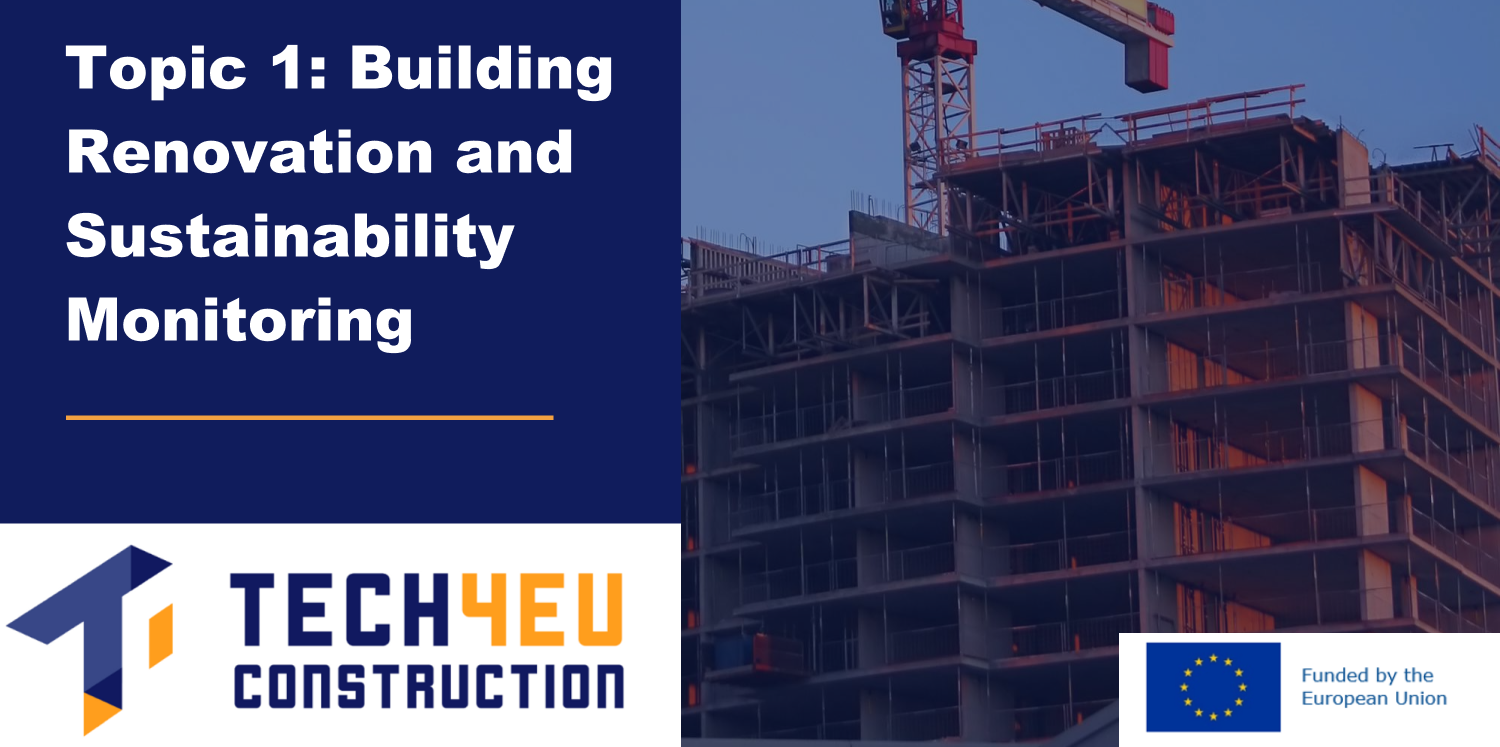
The science behind the Tech4EUConstruction cluster’s innovations
Eight European-funded projects have united in the Tech4EUConstruction cluster, and today are sharing 30 must-read publications that offer fresh insights for researchers and industry professionals
Compared to other sectors, the European construction industry faces significant challenges in sustainability, innovation adoption and labour shortages, with nearly half of the industry’s jobs in short supply. Transforming this sector into a smarter and greener industry will enhance competitiveness, resource efficiency, and attractiveness for young generations.
Eight European-funded projects, tackling these issues, have united in the Tech4EUConstruction cluster, and today are sharing 30 must-read publications that offer fresh insights for researchers and industry professionals.
The cluster is dedicated to creating a lasting impact by exchanging expertise and technical innovations. This article delves into the science behind next-generation technologies and innovations in areas such as building renovation, sustainability monitoring, digital innovation technologies, energy efficiency, renewable energy, and materials and design.
What will be the advancements in AI and robotics shaping the future of the construction industry? Find out below!
InCUBE envisions to unlock the EU renovation wave through cutting-edge standardised and integrated processes based on industrialisation, innovative renewable energy technologies, digitalisation, and new market entrants. This publication integrates a Tailored Key Performance Indicator Repository, monitoring the sustainability performance of building renovation projects.
This publication is a presentation of the RECONMATIC project, a Horizon Europe Research and Innovation Action project, that aims to develop novel tools, technologies and methodologies that can contribute in such a manner in multiple construction phases and project types or material and product life cycle stages.
Released by RECONMATIC, the publication is a documented estimation of the demolition waste quantities of typical multistorey urban buildings which constitute the great majority of the Greek building stock. Such buildings, constructed between 1955-1965, will need to be demolished, since their required structural support and energy performance upgrade is continuously less feasible when seen under the framework of the EU’s 2050 targets.
Stay informed! keep up with
the latest news and events

HORIZON-CL5-2021-D4-01
EUROPEAN COMMISSION
European Climate, Infrastructure and Environment Executive Agency
Grant agreement no. 101069610
This project is funded by the European Union under grant agreement no. 101069610. Views and opinions expressed are however those of the author(s) only and do not necessarily reflect those of the European Union or European Climate, Infrastructure and Environment Executive Agency (CINEA). Neither the European Union nor the granting authority can be held responsible for them.